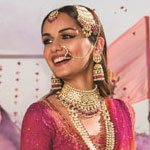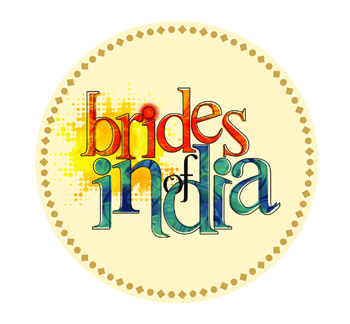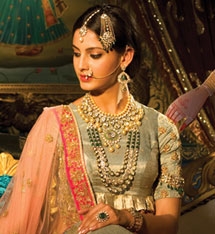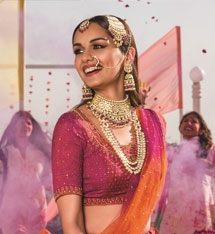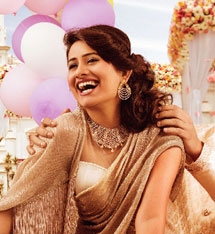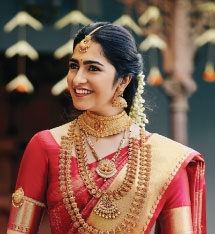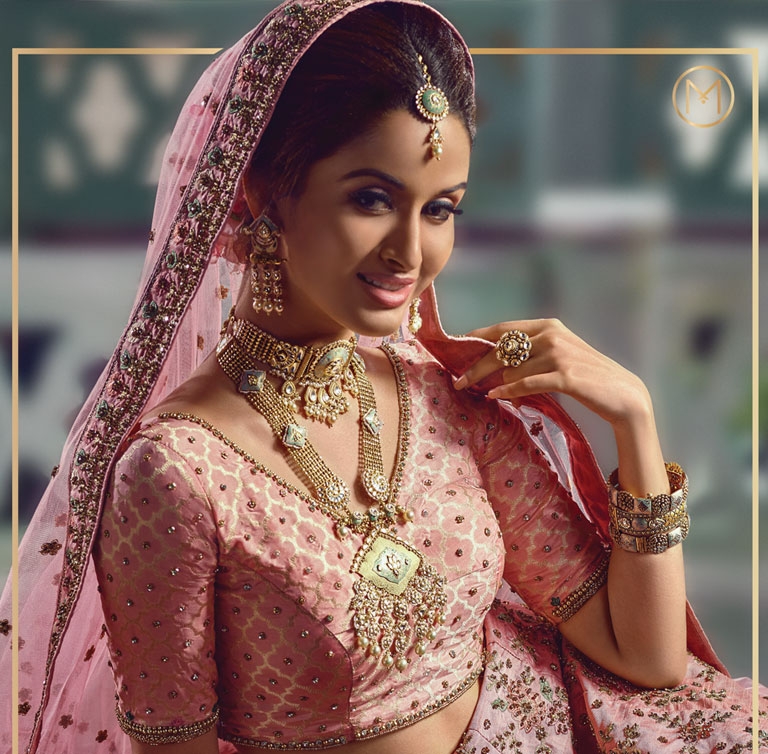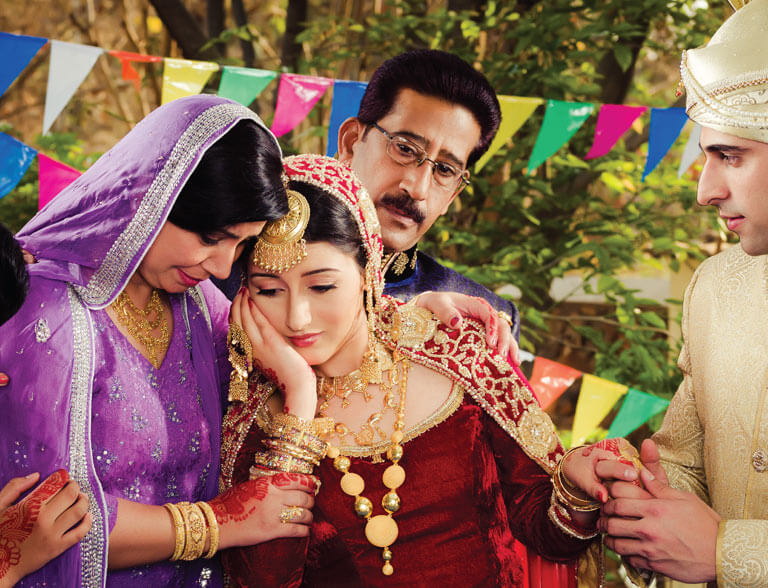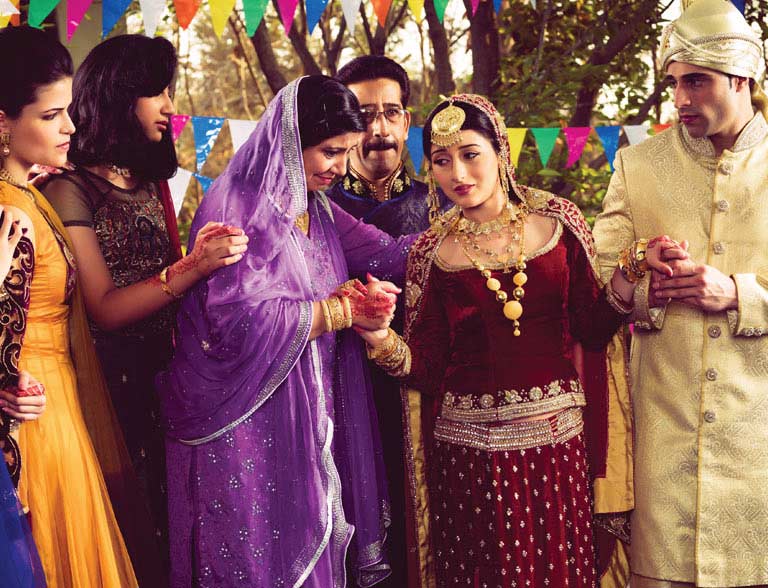-
Home2023 EditionEditionEditionCelebration brideCelebration BrideRoyal bride6Fashion brideFashion Bride
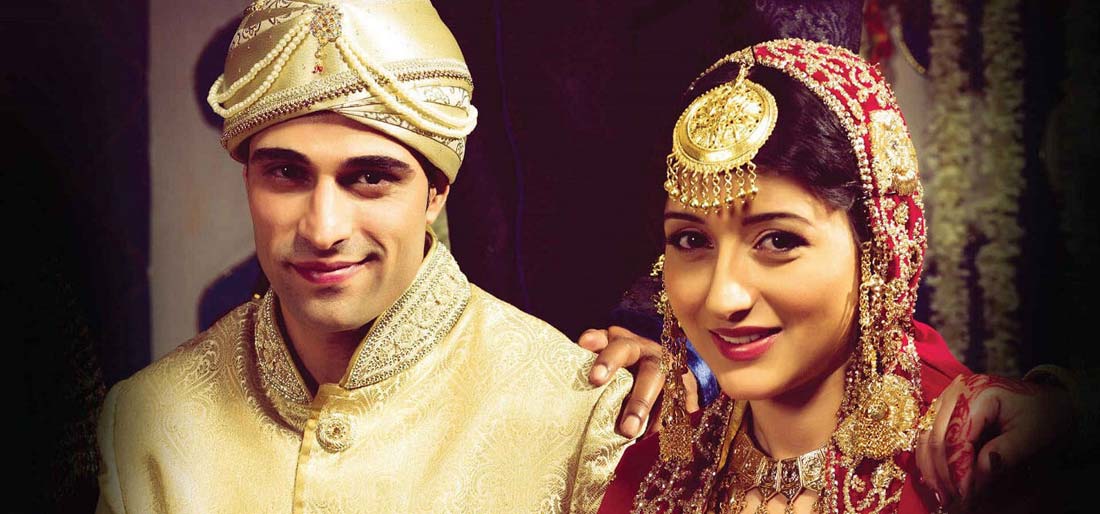
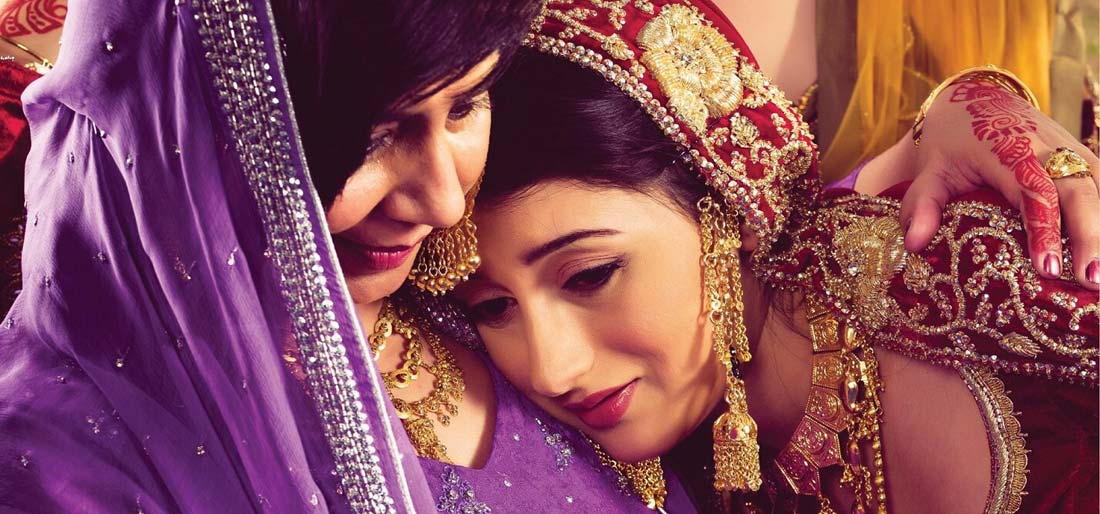
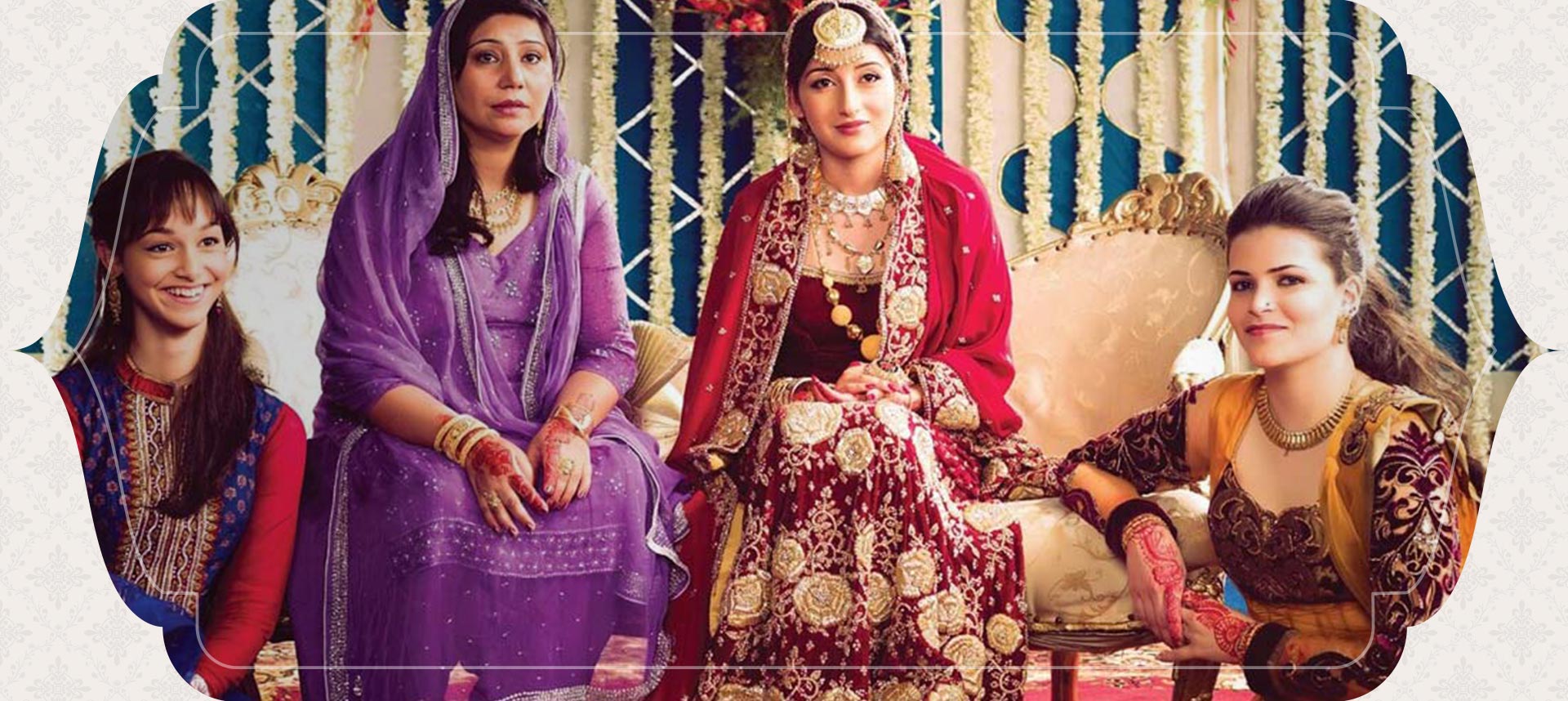
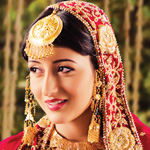
Kashmiri Muslim
- HOME
- North Indian Bride
- Kashmiri Muslim
BackTraditions
The gorgeous and exquisite wedding ceremonies of Kashmir
The wedding ceremonies held in Kashmir are as beautiful as the land itself. If Kashmir is the heaven on Earth, then the wedding ceremonies of the Kashmiri Muslims are certainly a match made in heaven. These ceremonies put their own twist in the traditional Muslim wedding rituals and turn it into a several days long event. From the moment that the young boy and girl choose each other as life partners, till the moment that they become man and wife, a Kashmiri wedding is full of unique, quirky and sometimes hilarious ceremonies that bring the two families together and forever unite them. These traditions are aimed at making the two families feel comfortable with ech other and develop good relations. These rituals can be broadly divided into three separate categories.
• Pre wedding rituals
• Wedding rituals, and
• Post wedding rituals
Arranged marriages are the most common in Kashmir, and it is rare for young couples to marry without the blessings of their families. In many cases, the guy and the girl do not know each other, and meet for the first time when they have to decide whether they accept each other for marriage. The ceremony is called Thap, and is often conducted in a place like Dargah, or the popular Mogul Gardens that are common in the Valley. Some families may choose to hold the thap in their own homes, but the public setting is preferred to prevent any awkwardness in case the match falls through.
Once the marriage has been accepted, a series of events are held than can last weeks. The bride is gifted some exquisite jewellery by the family of the groom, and at times events like the exchanging of rings are also conducted. The extravagance of Kashmiri weddings has been somewhat reduced in the recent times, but is still a several day long affair.
The jewellery for the bride
All over India, the bridal jewellery is one of the highlights of the ceremony. Whether you are in Punjab or Gujarat, the state specific bridal jewellery styles make for an interesting, and very captivating study. The bride in Kashmir looks like an angel, dressed in jewellery laden with gold and precious gemstones, over a traditional Kashmiri Lehenga. There is also the custom of gifting jewellery to each other’s family. Earrings that are called Kundals, anklets which are known as Nupura, and the moon like head ornament, variations of which are seen in nearly every Indian wedding, called Dekdaman are all important part of the bridal jewellery. From her head to her toes, and everywhere in between, every part of the bride’s body is adorned with some form of jewellery.
Rings and gold bands are exchanged by the couples at the time of the engagement as a symbolic gesture that the bond between the two of them runs very deep, and at each ceremony, some piece of jewellery or another is gifted to the bride, either by her own family, or her would-be husband’s. Whether it is bigger, heavier traditional bangles that the bride wears during the ceremony, or the Vaeal, lockets that are considered the hallmark of the Kashmiri style of jewellery, every piece of jewellery is beautifully, exquisite and a work of art. Oscillating between very elaborate and intricate designs, and exceedingly simple yet equally captivating designs, the bride gets to wear some truly beautiful dresses and jewellery. An incredible mix of tantalizing designs and patterns so delicate, the slightest shake could break them; the Kashmiri style of bridal jewellery is truly an inspiring sight to behold.
The engagement
The engagement ceremony of the Kashmiri Muslims is called Vanna. The engagement is conducted in the presence of the elders of both families, and the venue is usually the mosque to ensure the religious sanctity of the relation. A string of relatives and family friends visit both the houses and give gifts and their blessings. The homes of the bride as well as the groom are thoroughly cleaned and decorated to welcome all of the guests. The doors are richly decorated in a tradition known as krool khanoon.
Both the families meet once more to discuss the formalities of the wedding. A mehr is demanded by the family of the bride, which serves as the price that the groom’s family must pay for the bride, and if both the families agree to these terms, a formal document is drawn and signed.
The final few days preceding the wedding are filled with all kinds of activities. The traditional bathing of the bride by her family members, as well as the application of henna, which is a very popular ritual in both Muslim and Hindu weddings, are part of the ceremonies that lead up to the wedding day, or the day of Nikaah. Two or three days before the nikaah is to be conducted, the family of the bride sends specially prepared dishes to the home of the groom. The tradition dictates that these dishes should be delivered in 50 thaals. Dozens of delicacies are prepared by expert Kashmiri cooks and is called Vazvan. Vazvan is generally made up of dozens of different dishes of mutton and chicken, and several special types of Biryani. The delivery of the Vazwan is considered by the extended family of the groom as the official announcement of the engagement.
Useful Links Scheme Payment(India only)
Make an Appointment Build your Custom Jewellery Smart Buy Offers New Arrivals Exclusive CollectionCustomer ServiceMalabar Gold & Diamonds
402, Valecha Chambers, Plot No. B-6,
New Link Road, Opp. Infinity Mall,
Andheri (W) ,
Mumbai - 400053. +91 22 62300916 care.in@malabargoldanddiamonds.com

